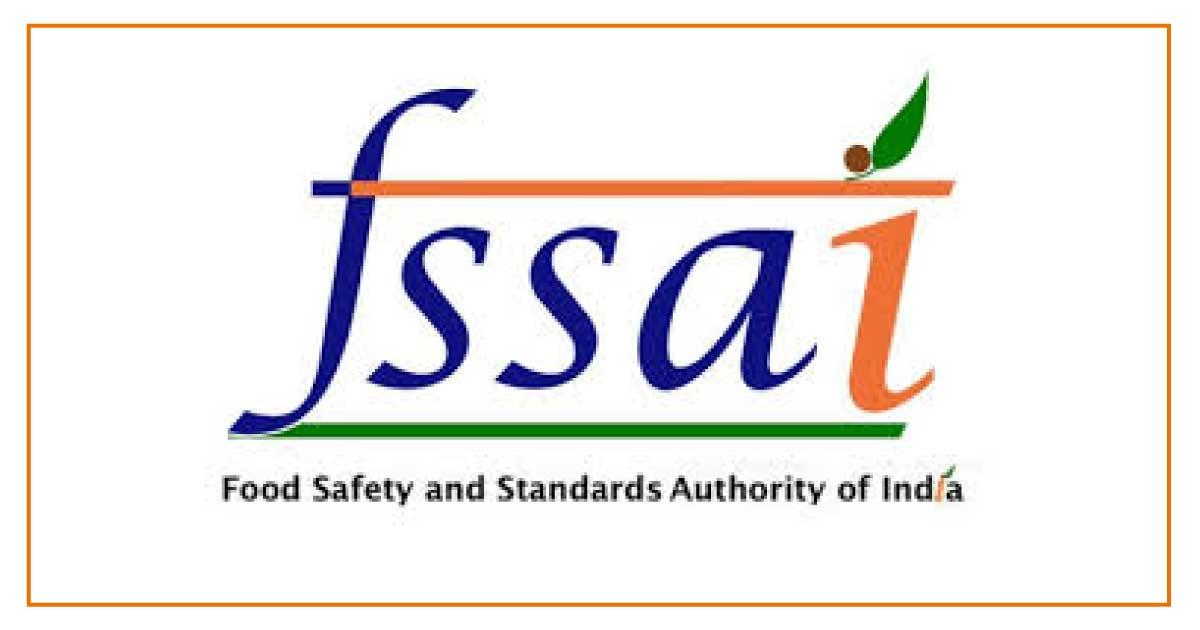Types of FSSAI Registration in India – A Complete Guide for Food Businesses

If you are planning to start a food business in India — whether it’s a restaurant, food processing unit, cloud kitchen, or online delivery brand — obtaining an FSSAI Registration is mandatory under the Food Safety and Standards Act, 2006.
The FSSAI (Food Safety and Standards Authority of India) ensures that all food business operators (FBOs) comply with food safety standards, maintain hygiene, and follow proper labeling norms.
In this article, we’ll explore the types of FSSAI registration in India, eligibility criteria, documents required, and the process to apply.
What is FSSAI Registration?
FSSAI Registration is a 14-digit license number issued by the Food Safety and Standards Authority of India. This number must be printed on all food packages, labels, or marketing materials of a food business.
The type of license you need depends on factors such as:
-
Nature of business (retail, manufacturing, transport, etc.)
-
Annual turnover
-
Production capacity
Types of FSSAI Registration in India
There are three main types of FSSAI registration based on the scale and turnover of your food business:
1. Basic FSSAI Registration (For Small Businesses)
Who needs it:
Small food businesses or startups with annual turnover below ₹12 lakhs.
Examples:
-
Small retailers or vendors
-
Temporary food stalls or tea shops
-
Home-based food businesses and tiffin services
Key Features:
-
Simple online registration process
-
Valid for 1–5 years
-
Can be upgraded to State or Central license when turnover increases
Documents Required:
-
Passport-size photo of the applicant
-
Proof of identity (Aadhaar, PAN, etc.)
-
Address proof of business premises
-
Declaration form
2. State FSSAI License (For Medium-Scale Businesses)
Who needs it:
Businesses with annual turnover between ₹12 lakhs and ₹20 crores, operating within a single state.
Examples:
-
Mid-size food manufacturers or distributors
-
Restaurants and cloud kitchens with moderate sales
-
Storage units, transporters, or marketers operating locally
Key Features:
-
Mandatory inspection by the State Food Authority
-
License valid for 1–5 years
-
Renewal required before expiry
Documents Required:
-
Blueprint of processing or manufacturing unit
-
List of food categories handled
-
Water testing reports
-
ID and address proof of owner
-
Business registration certificate
3. Central FSSAI License (For Large-Scale Businesses)
Who needs it:
Large food businesses or exporters with annual turnover above ₹20 crores, or businesses operating in multiple states.
Examples:
-
Big manufacturers or exporters
-
Food processing chains and franchise outlets
-
Importers and large transporters
Key Features:
-
Issued directly by the Central Government (FSSAI Headquarters)
-
Compulsory for import/export-oriented businesses
-
Requires periodic audits and strict compliance checks
Documents Required:
-
Form-B duly completed and signed
-
List of directors/partners with contact details
-
Import/export code (IEC) for international trade
-
Proof of annual turnover
-
Plan of processing unit showing machinery details
Comparison Table – Types of FSSAI Registration
| Type of License | Applicable Turnover | Issuing Authority | Validity | Suitable For |
|---|---|---|---|---|
| Basic Registration | Up to ₹12 Lakhs | Local Authority | 1–5 years | Small vendors, startups |
| State License | ₹12 Lakhs – ₹20 Crores | State Authority | 1–5 years | Mid-size manufacturers, restaurants |
| Central License | Above ₹20 Crores or Multi-State | Central FSSAI | 1–5 years | Large manufacturers, import/export units |
How to Apply for FSSAI Registration
-
Determine eligibility – Check which category your business falls under.
-
Gather required documents – Based on type of registration.
-
Apply online – Submit application on the FSSAI portal (Food Safety Compliance System – FoSCoS).
-
Inspection – Local authority may inspect the premises.
-
Get License Number – Once approved, download your FSSAI license certificate.
Benefits of FSSAI Registration
-
Builds consumer trust and brand credibility
-
Ensures legal compliance and avoids penalties
-
Enables business expansion across states
-
Helps in quality assurance and export approvals
Penalty for Non-Compliance
Operating a food business without an FSSAI license can result in:
-
Fines up to ₹5 lakhs
-
Business closure orders
-
Product seizure or legal prosecution
Hence, timely registration and renewal are essential.
Conclusion
Understanding the types of FSSAI registration in India is crucial for every food business operator. Whether you’re running a home kitchen or a large manufacturing unit, getting the right FSSAI license not only keeps you compliant but also strengthens customer trust.
For hassle-free registration and compliance support, platforms like Taxlegit assist entrepreneurs in end-to-end FSSAI registration, renewal, and compliance filing — ensuring your food business runs smoothly and legally.





